Baby's Living Spaces: Designing a Healthy Start
Why your baby's first environment matters more than you think.
TL;DR: Your baby's nursery choices impact their health profoundly. From air quality to textile contact, every decision shapes their development—and most "organic" options still contain hidden petrochemicals.
When you prepare a home for a new baby, every choice feels weighty. The crib, the paint, the rug, the sheets—it all comes together into what becomes your child's first world. But here's the part most parents never hear: those choices aren't just aesthetic. They shape your baby's health.
Infants breathe faster, absorb more through their skin, and spend countless hours pressed against their bedding and surroundings. Which means the textiles, finishes, and air quality in their nursery matter in profound ways. Studies show even low levels of pollutants like phthalates and flame retardants can impact brain development, hormones, and immunity in early life.
"Most nurseries, no matter how lovingly designed, are filled with petrochemicals."

🌬️ Air: Your Baby's First Breath
Indoor air is often more polluted than outdoor city air. New furniture, paints, and even rugs can release volatile organic compounds (VOCs) for months. Babies, with developing lungs, breathe those in deeply.
What You Can Do: Simple Air Improvements
- 🌱 Air it out early. Finish painting or furnishing at least a month before your baby arrives
- 💨 Ventilate daily. Open windows, use a HEPA air purifier
- 🚫 Skip synthetics. Air "fresheners" and fragranced cleaners add toxins, not freshness
🏠 Surfaces: The Floor Beneath Them
Babies spend much of their first year close to the ground, crawling, exploring, and breathing in dust. Wall-to-wall carpeting traps allergens and chemicals. Safer choices include wool rugs, untreated cotton play mats, and vacuuming with a HEPA filter if you already have carpet.
💡 Light and Sound: Setting the Rhythm
Gentle, dimmable lighting and warm tones mimic natural sunset cues, helping little bodies align with day and night. White noise can soothe, but keep the volume below 55 decibels and place it several feet from the crib.
🧸 Textiles: The Closest Contact of All
This is where the biggest hidden exposure lies. Your baby's skin is thinner and more permeable than yours, meaning whatever touches it goes in deeper. And what touches them most? Their crib sheet.
Most "organic" sheets are still dyed with petrochemicals such as dispersed azo dyes, PFAS treatments, and antimicrobial finishes. Labels do not disclose this. No ingredient list exists for textiles. Which means an "organic cotton" sheet can still coat your baby in fossil fuel derivatives every night.
"An 'organic cotton' sheet can still coat your baby in fossil fuel derivatives every night."


✨ What Parents Are Saying
Parents tell us their babies sleep cooler, with fewer rashes and less itching. One mom shared: "My baby used to wake up with little rashes on her cheeks. Since switching to the AIZOME crib sheet, her skin looks calm and clear in the mornings."
Another parent wrote: "We tried every 'organic' sheet out there, but this was the only one that actually made a difference for my son's eczema."
And sleep matters too: "The sheet feels cool and breathable. Our baby sweats less at night and finally sleeps longer stretches."
Creating a Healthier Nursery
- 🌿 Choose breathable cotton bins or natural-fiber baskets instead of plastic
- 🧹 Keep the nursery clutter-free, both for air quality and your peace of mind
- 🌱 When a crib sheet can reduce rashes, ease eczema, and help your baby rest, it becomes part of their health
💚 Every Choice is an Act of Care
Your baby's first environment does not have to be perfect. But it can be intentional. Each decision to swap synthetic for natural, chemical for plant, and clutter for calm is a step toward a healthier foundation.
Because a crib sheet is never just a crib sheet. It is your baby's first world. And it should be as safe, soothing, and natural as the love you wrap them in.
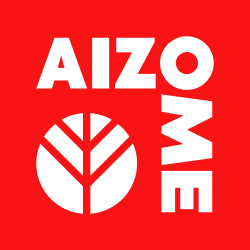
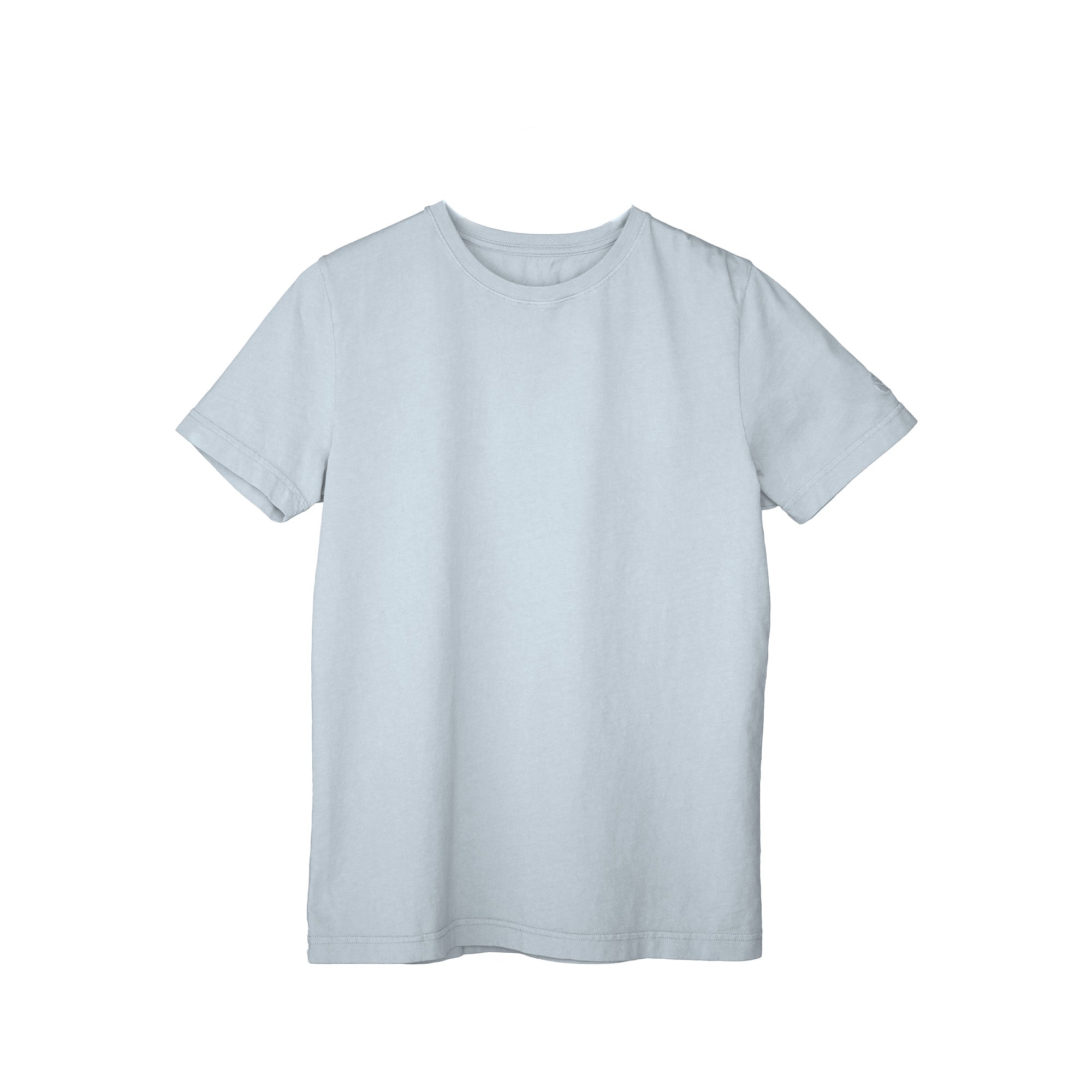

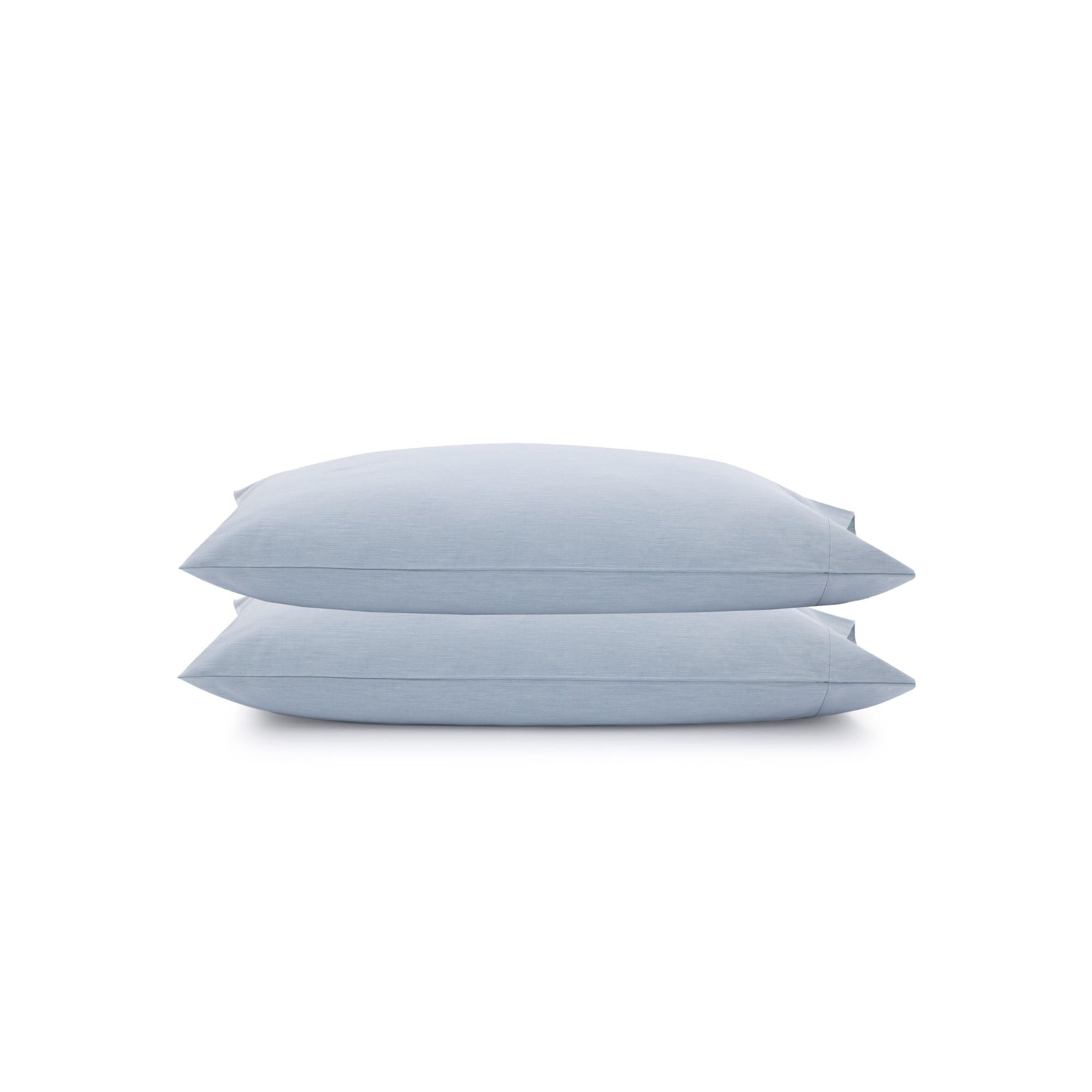
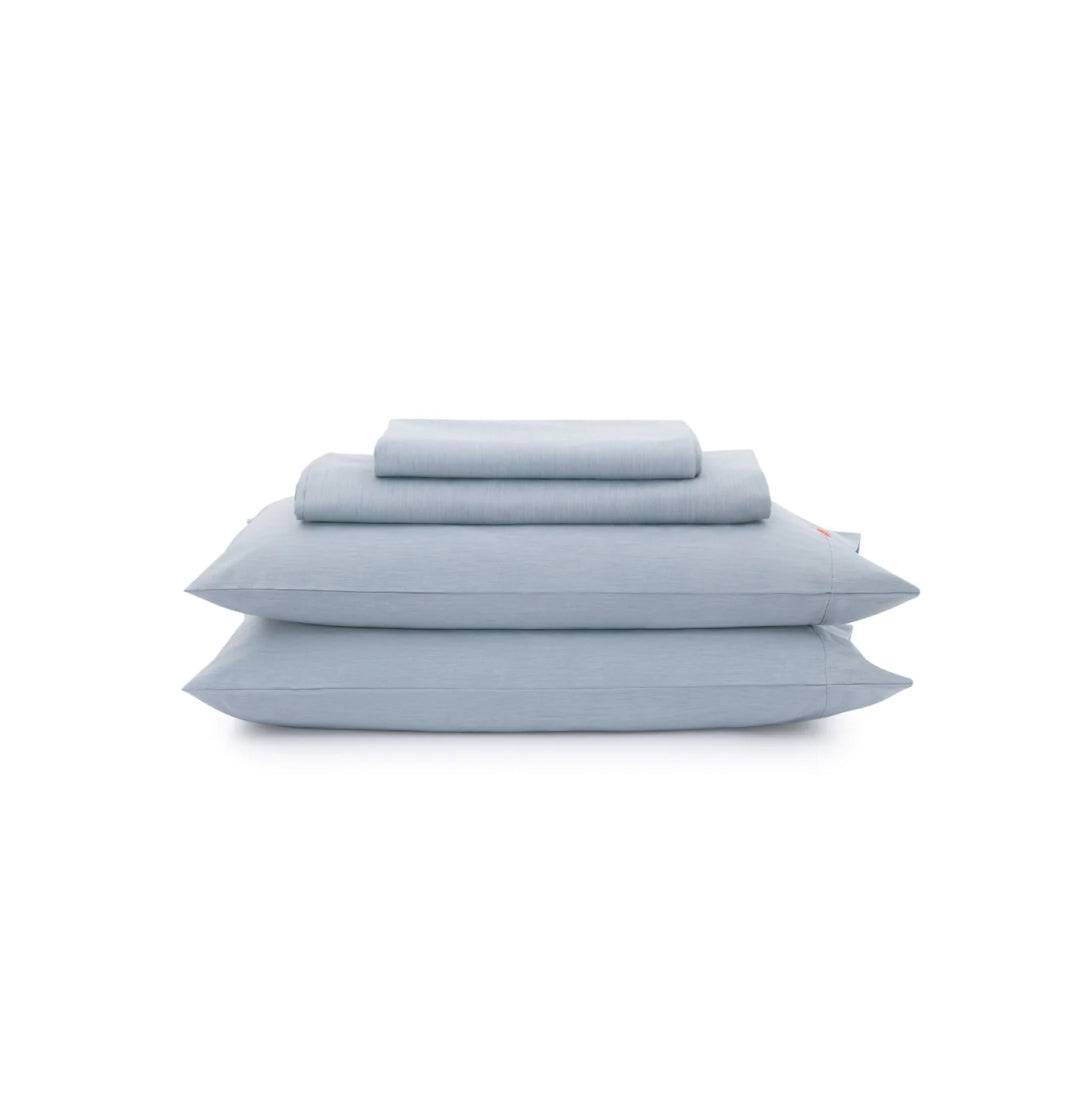
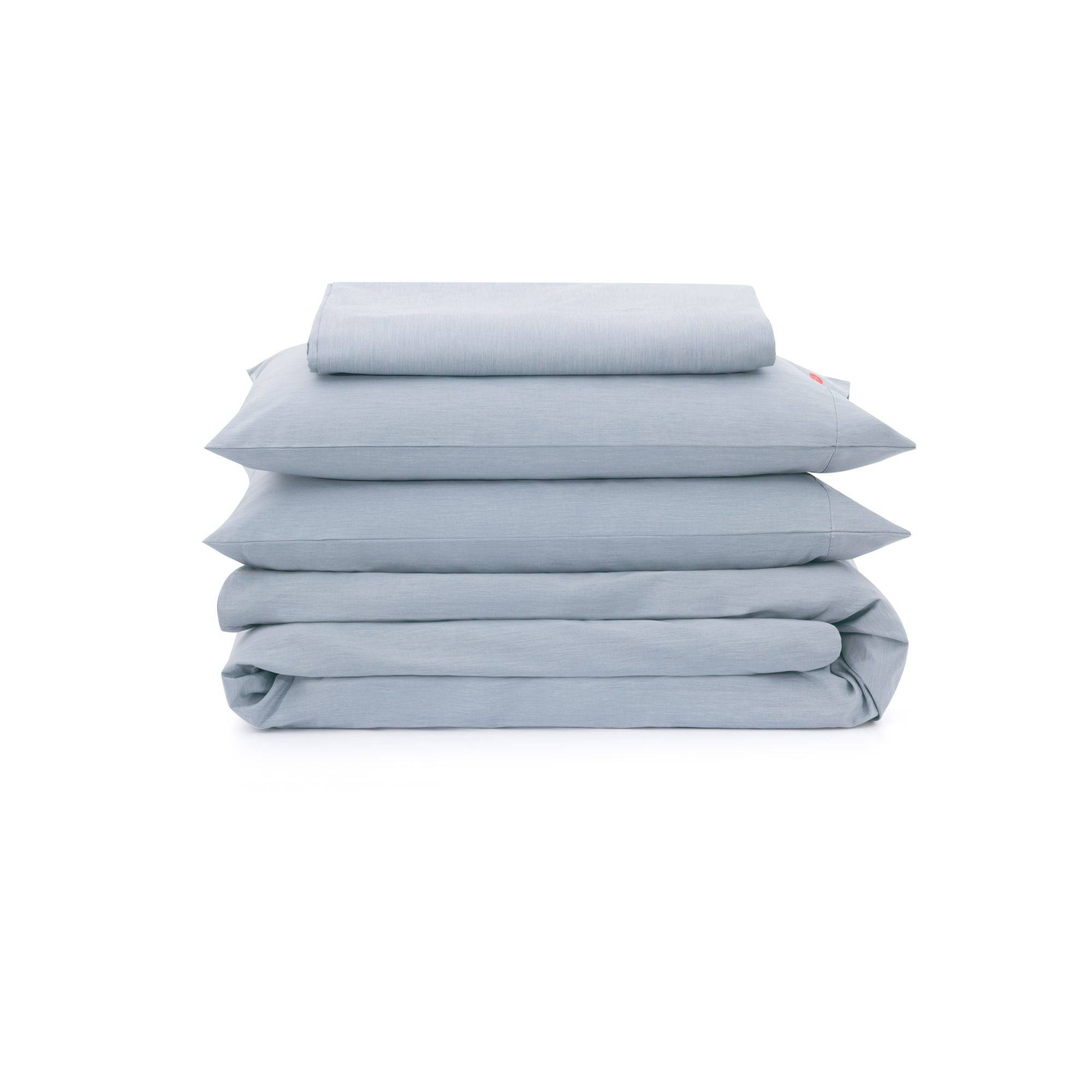
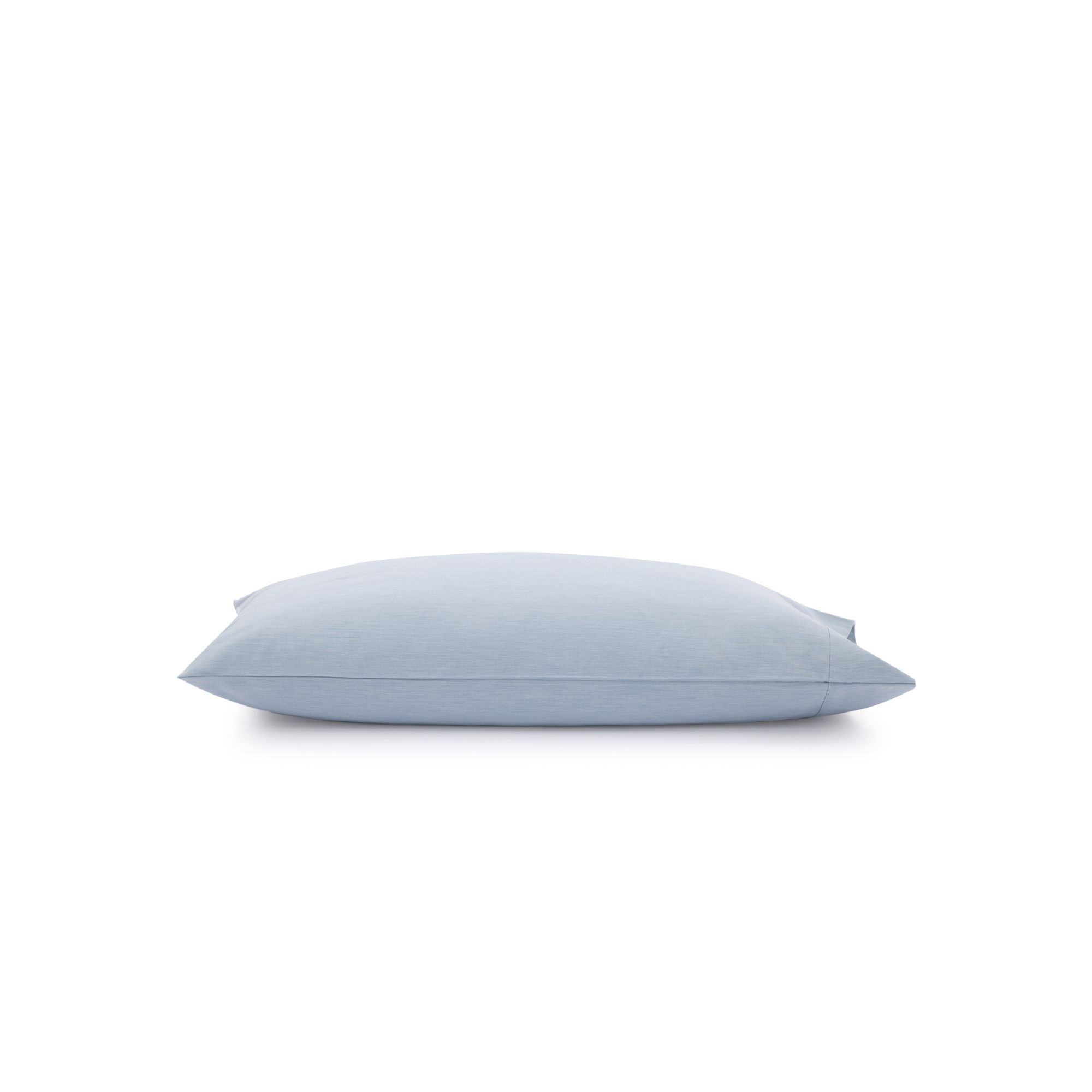
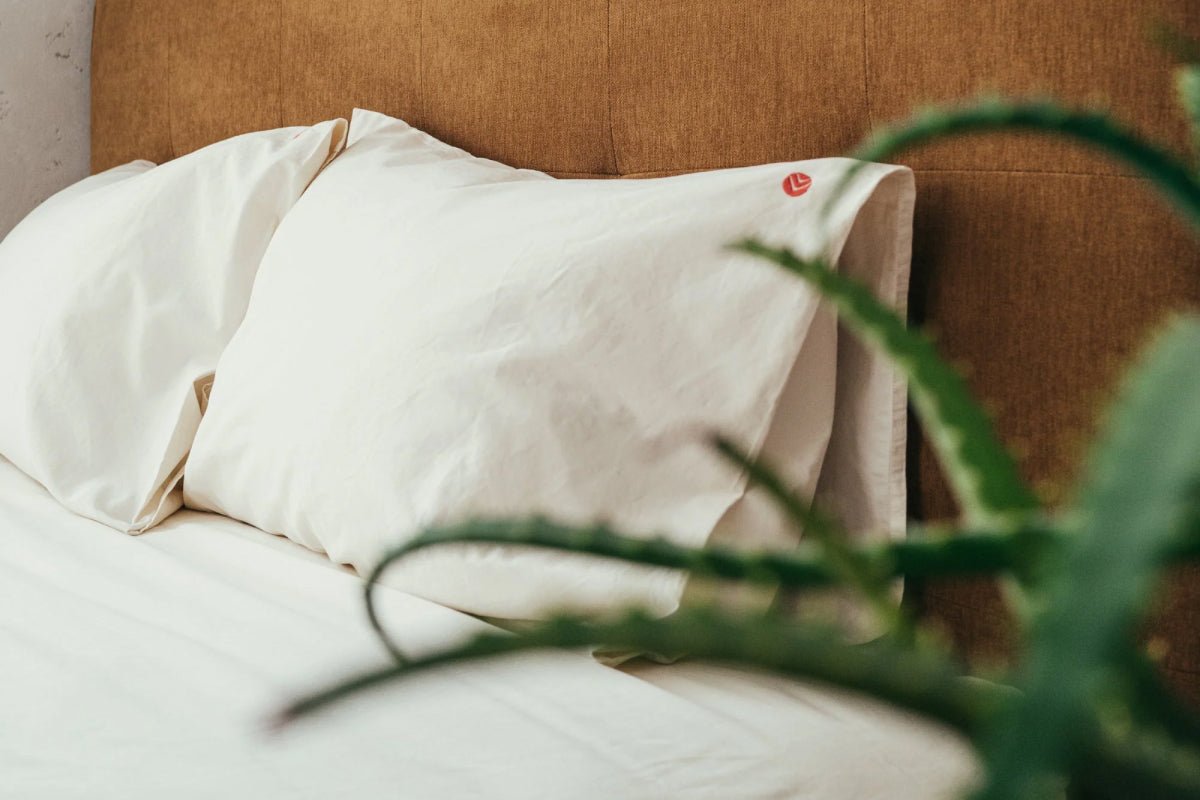 Bedding
Bedding
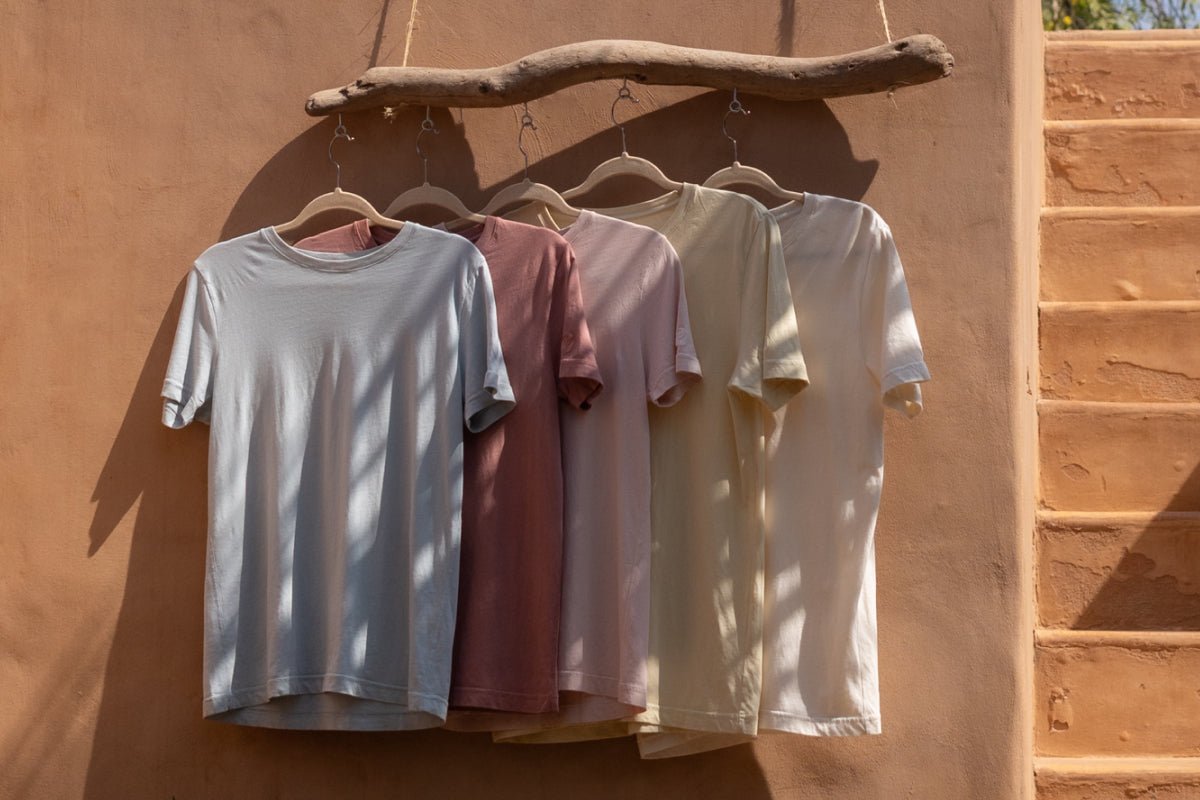 Clothing & Accessories
Clothing & Accessories
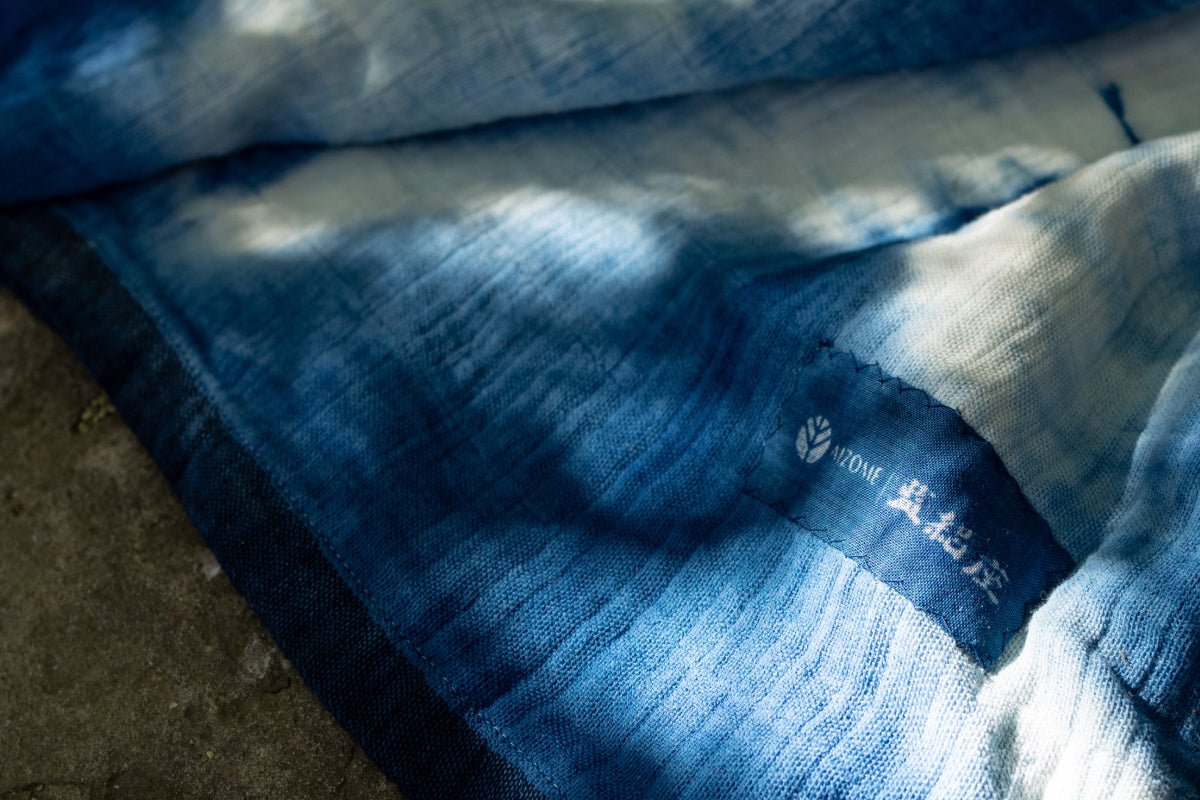 Artisan Line
Artisan Line
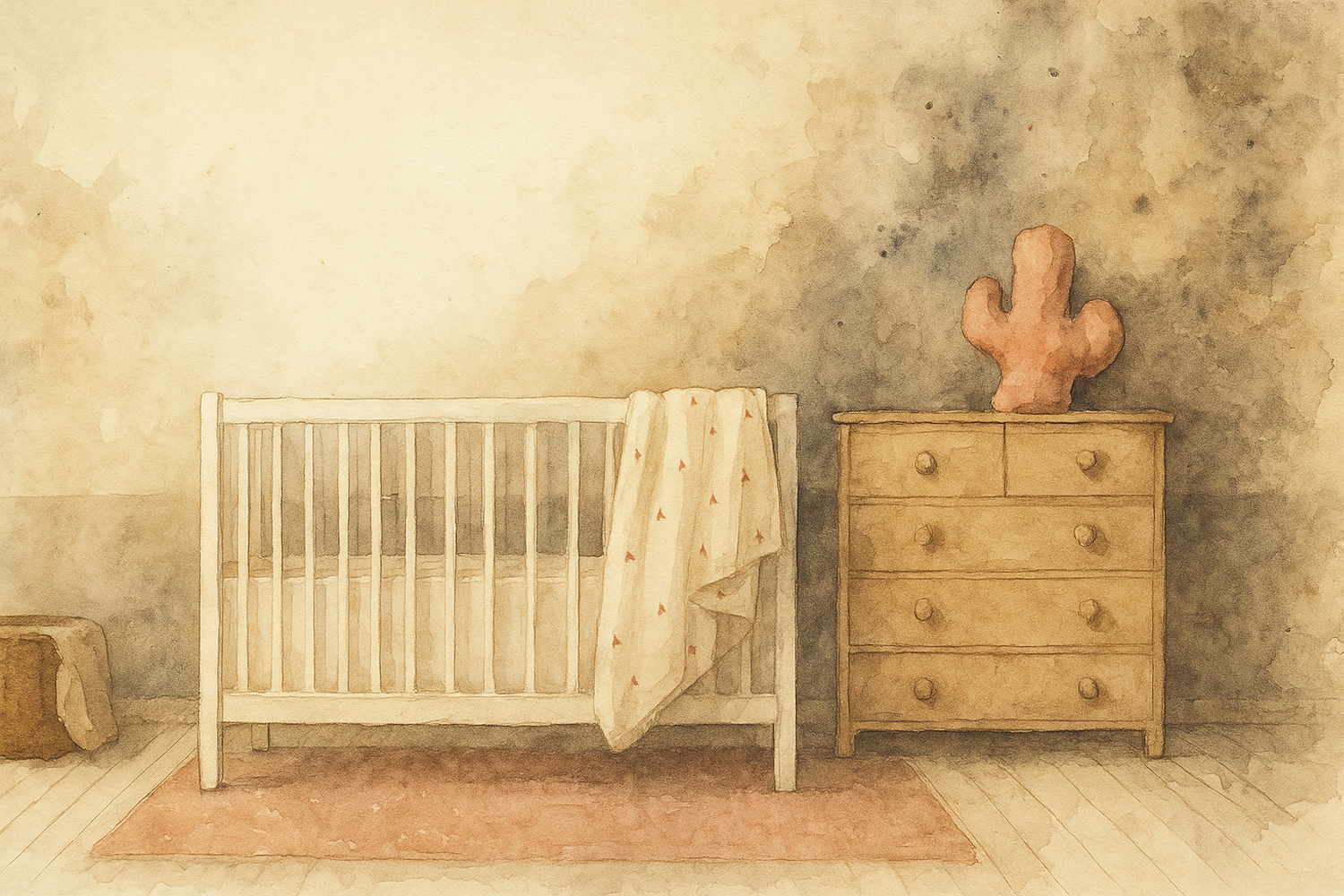
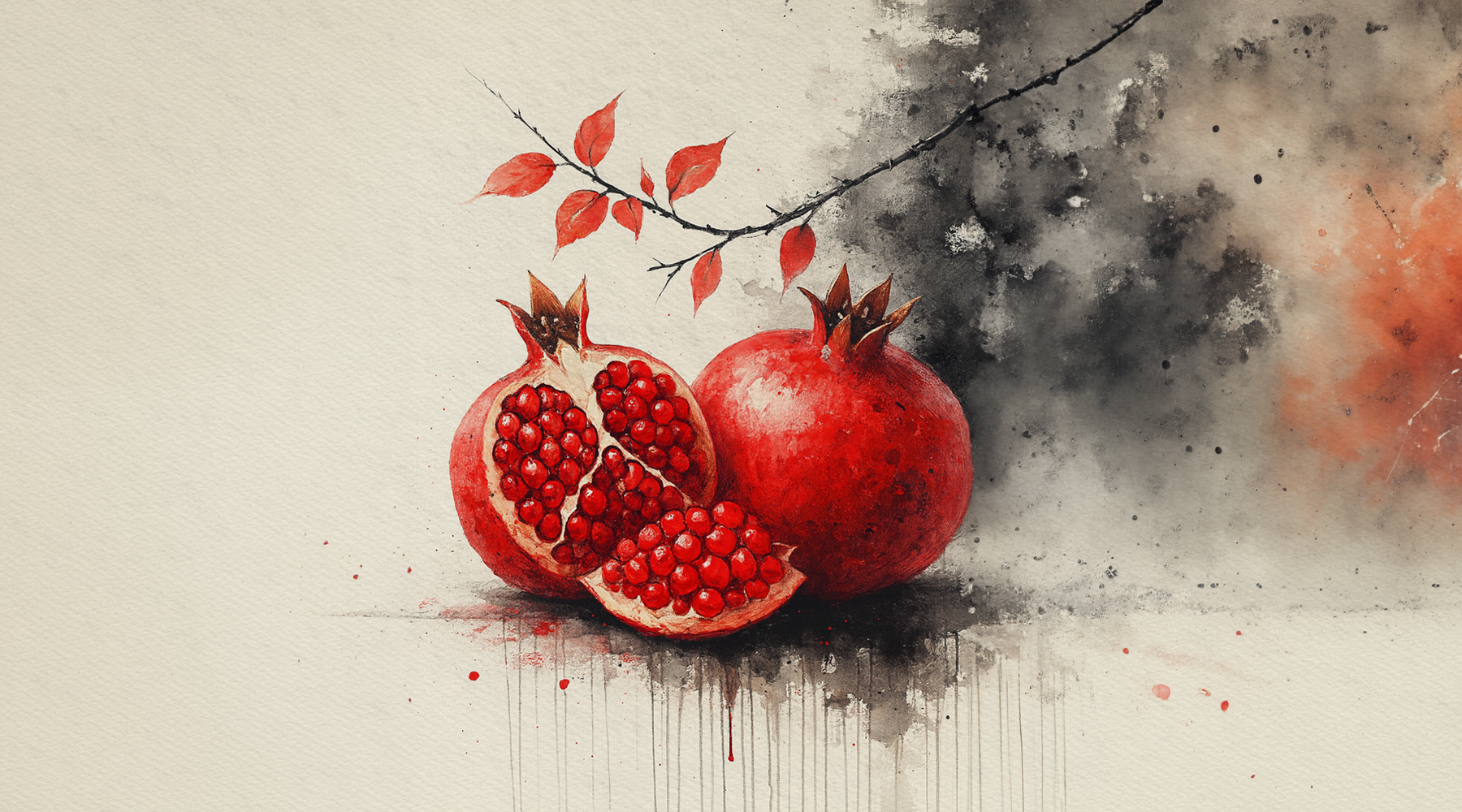
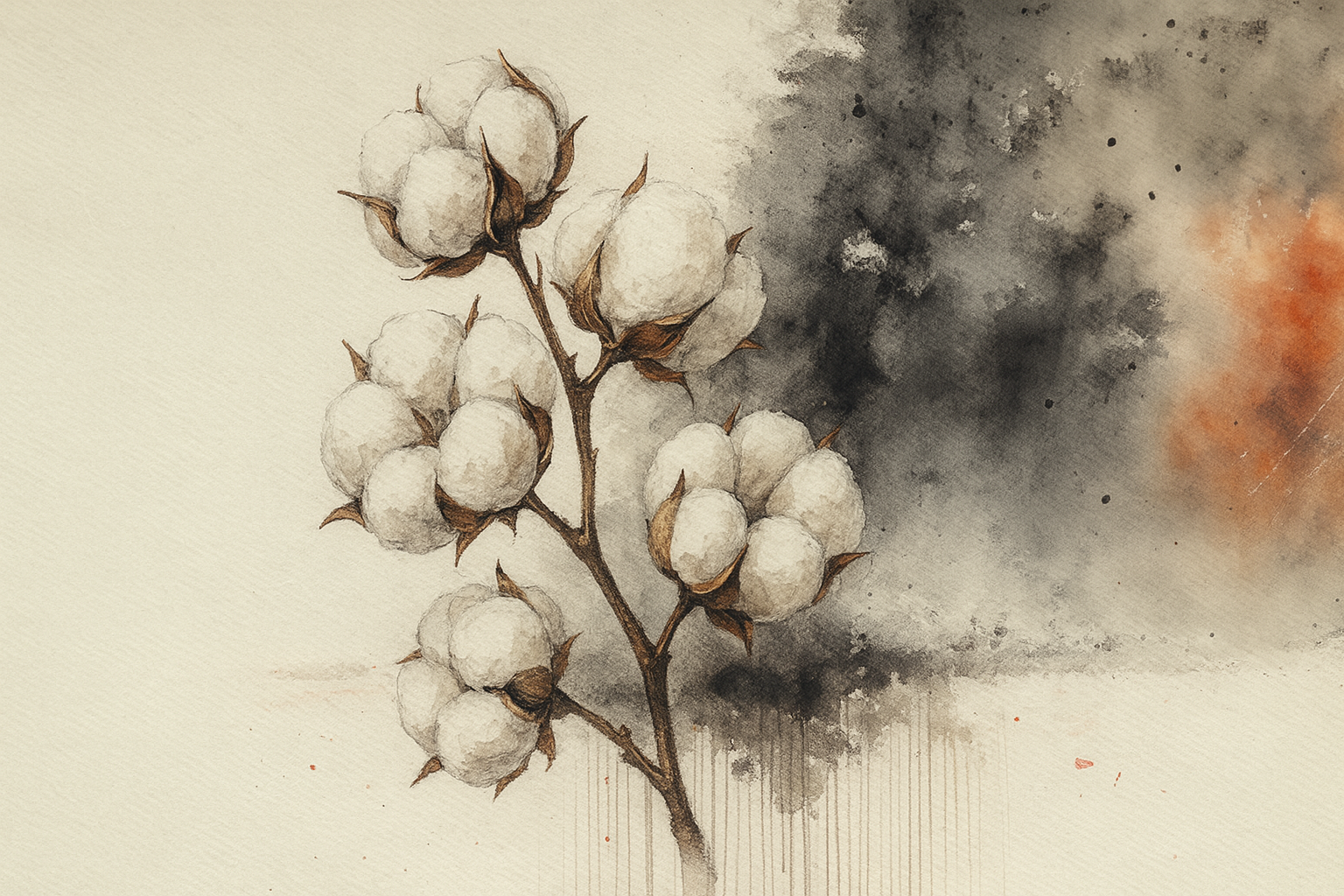
Leave a comment
All comments are moderated before being published.
This site is protected by hCaptcha and the hCaptcha Privacy Policy and Terms of Service apply.